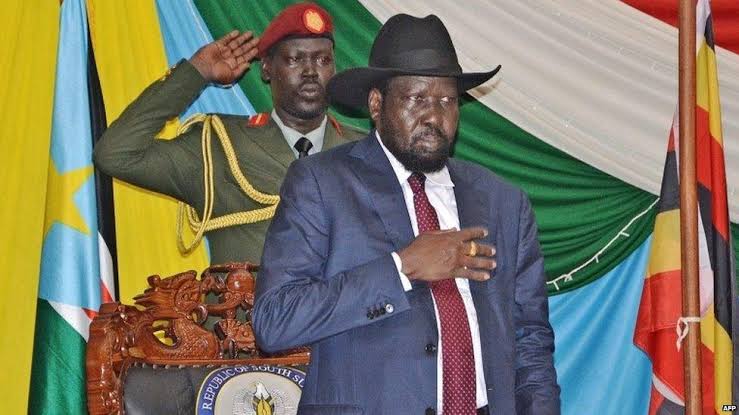RICHARD BYAMUKAMA: The Legitimacy of South Sudan’s Government Hangs in the Balance

By Richard BYAMUKAMA
The arrest and continued house detention of South Sudan’s First Vice President, Dr. Riek Machar, alongside resurgent conflict, raises serious concerns about the delayed implementation of the 2018 peace accord. This situation undermines the legitimacy of South Sudan’s transitional government on two critical grounds: the arrest violates the Addis Ababa peace agreement that ended the five-year civil war, and the government’s mandate expired with the conclusion of the agreed-upon three-year transitional period. The repeated postponement of general elections and the delay in restoring democracy contravene the 2018 peace agreement’s core objectives.
This raises a fundamental question: From where does the current government derive its authority? With the peace agreement breached, the transitional government—formed under the Revitalized Agreement on the Resolution of the Conflict in the Republic of South Sudan (RARCSS)—lacks legitimacy. Is it sustained by democracy, a military coup, another agreement, or is it simply an imposter?
Since gaining independence in July 2011, South Sudan, the world’s youngest nation, has never held a democratic election. After just two years of relative peace, the country descended into civil war in 2013 following accusations of a coup attempt by then-Vice President Machar against President Salva Kiir. The conflict fractured along ethnic lines, splitting the army into rival factions and igniting violence between the Nuer, aligned with Machar, and the Dinka, aligned with Kiir.
The five-year war caused immense suffering, displacing millions into refugee camps in Uganda, Ethiopia, and Kenya, and leaving thousands dead and countless others affected by destruction.
The 2018 RARCSS, signed in Addis Ababa on December 12, aimed to end this violence through power-sharing, the formation of a transitional government, and preparations for democratic elections alongside security sector reforms. Yet, years later, the transition remains stalled, and elections have been repeatedly delayed. The arrest of Machar, a key figure in the peace process, is a glaring violation of the agreement and further erodes the government’s legitimacy. Compounding this crisis, state-led aggression against Machar’s supporters and the deployment of Ugandan forces to assist in the offensive have drawn domestic and international scrutiny.
Critics question the ethnic dimensions of the conflict, the proportionality of the response, and violations of South Sudan’s sovereignty, international customary law, and the 2018 peace agreement itself. President Kiir’s administration appears to exploit ethnic divisions to delay or avoid democratic processes in a nation of 64 distinct tribes, all deprived of their democratic rights due to the Kiir-Machar rift.
The international community must urgently address the legitimacy crisis in South Sudan, alongside concerns about delayed democracy and transitional justice, particularly following the controversial involvement of Ugandan forces. Democracy remains the surest path to stabilizing South Sudan, and there is no justifiable reason for further delaying the democratic process.
*Richard Byamukama is a lawyer, security studies expert, and security analyst.* *Email: byamukamarichardbard@gmail.com* —
The post RICHARD BYAMUKAMA: The Legitimacy of South Sudan’s Government Hangs in the Balance appeared first on Watchdog Uganda.





